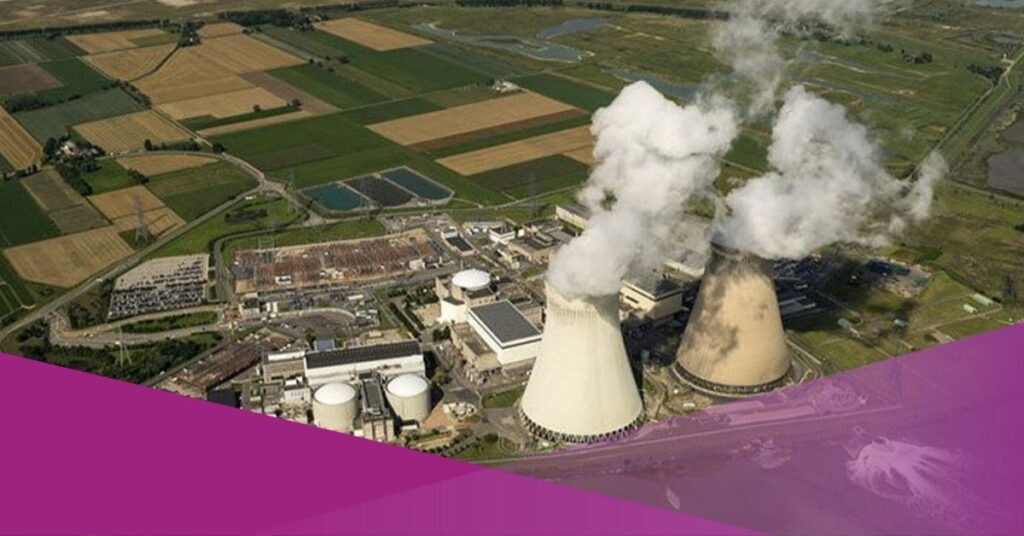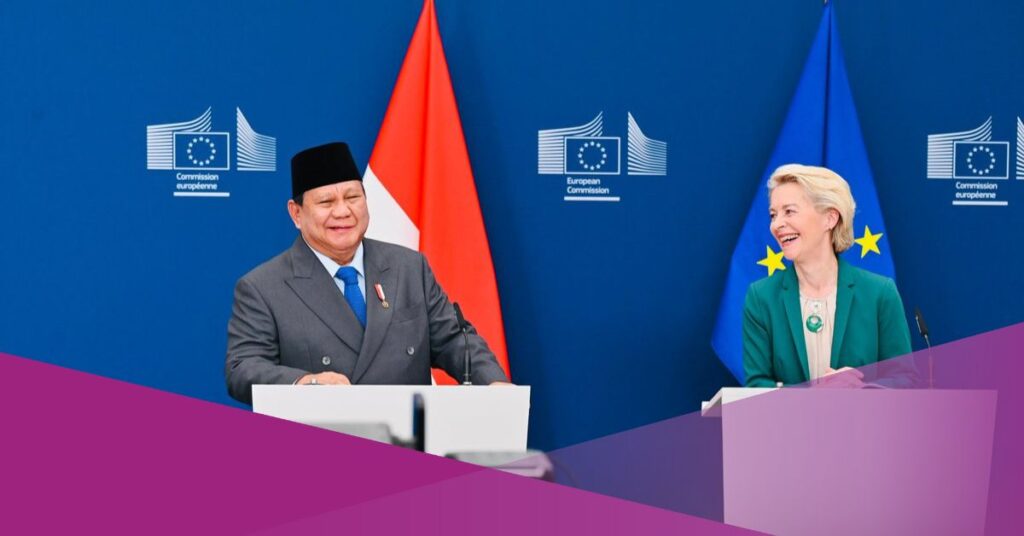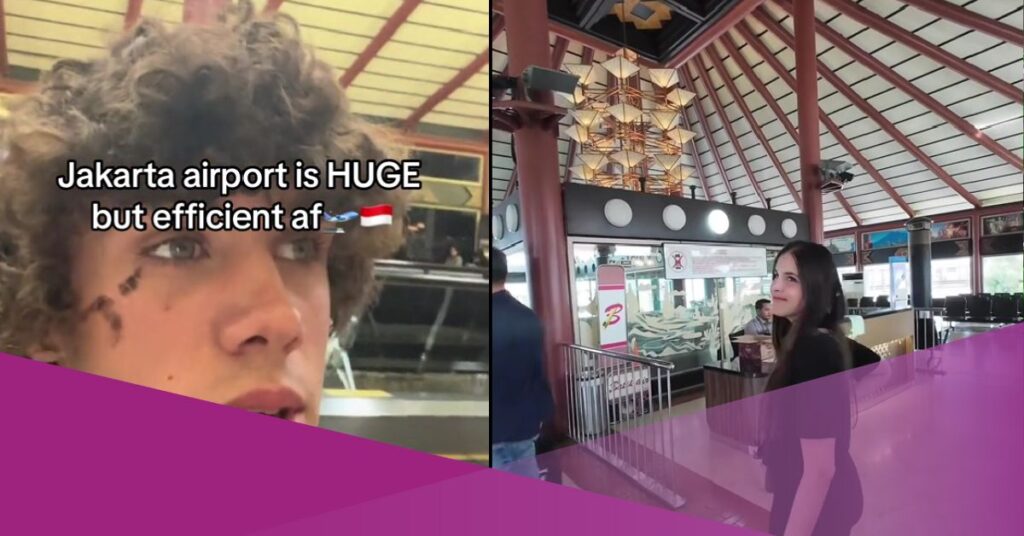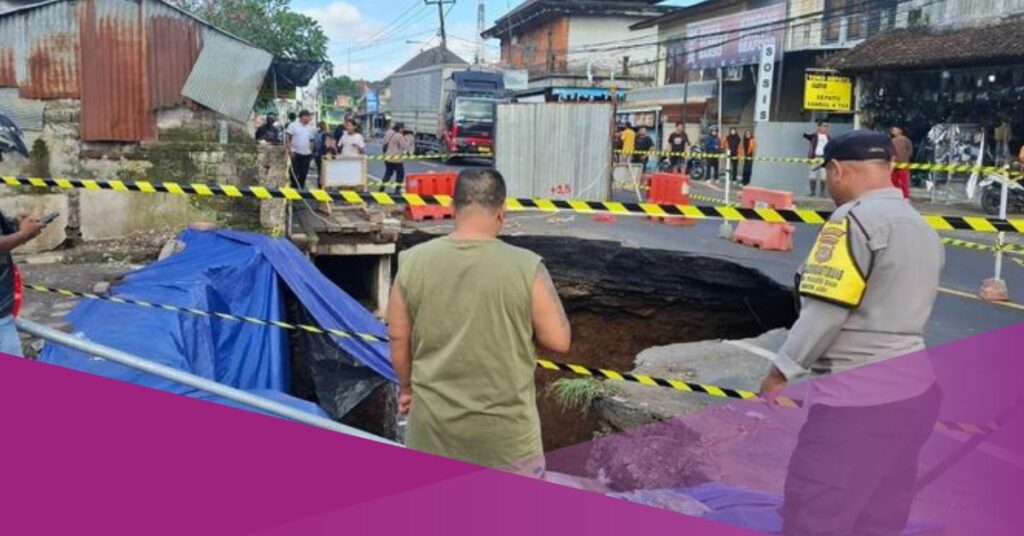Indonesia is gearing up for its first operational nuclear power plant (NPP) by 2030, set to be constructed on Gelasa Island in the Bangka Belitung archipelago. The project is spearheaded by PT ThorCon Power Indonesia, with Bob S Effendi, the Chief Operating Officer of ThorCon Power Indonesia, announcing that the initial steel cutting for the venture is scheduled for November 2024.
Speaking at the Energy Transition Conference & Exhibition 2023 in South Jakarta on Thursday, October 19, 2023, he revealed that the project would require an investment of USD 900 million, approximately IDR 14 trillion based on an exchange rate of IDR 15,700. This figure represents a reduction from the initial plan of USD 1.2 billion or IDR 18.8 trillion.
Effendi expressed that the investment would be self-financed, without government budgetary support, and the electricity generated from the NPP would compete with coal. He also mentioned plans to establish a manufacturing plant.
Furthermore, Effendi stressed that nuclear energy has a proven track record worldwide in reducing emissions. He added that nuclear energy is the second-largest contributor to clean energy.
“In its 50-year history, nuclear energy has reduced 55 gigatons of CO2 emissions. This is the largest reduction in history; no other energy source has managed to achieve a 55 gigaton reduction,” he stated. “Nuclear energy is the second-largest contributor to clean energy, following only hydropower.”
Nuclear and Solar: Indonesia’s Hopes for Achieving NZE
Indonesia aims to achieve net-zero emissions (NZE) by 2060 or earlier. To realize this ambitious target, two key factors are essential: technology and funding.
Yudo Dwinanda Priaadi, the Director General of New and Renewable Energy and Energy Conservation (EBTKE) at the Ministry of Energy and Mineral Resources, emphasized the need for new technology to produce efficient and productive energy that remains affordable.
He pointed out the necessity for new projects to meet carbon-neutral objectives. Alongside nuclear power, Indonesia is planning to boost solar power generation. However, the development of solar power faces its unique set of challenges.
Priaadi explained that solar power operates during daylight hours but does not generate electricity at night. Consequently, the storage of excess energy through batteries is imperative.
“We do need batteries for storage,” he emphasized.
Priaadi continued by stating that they are seriously committed to advancing battery technology and other reliable energy sources to support solar power generation. He added, “This includes geothermal and hydroelectric power plants to address intermittent issues and, in the future, our plans include the establishment of nuclear power plants in Indonesia.”

































